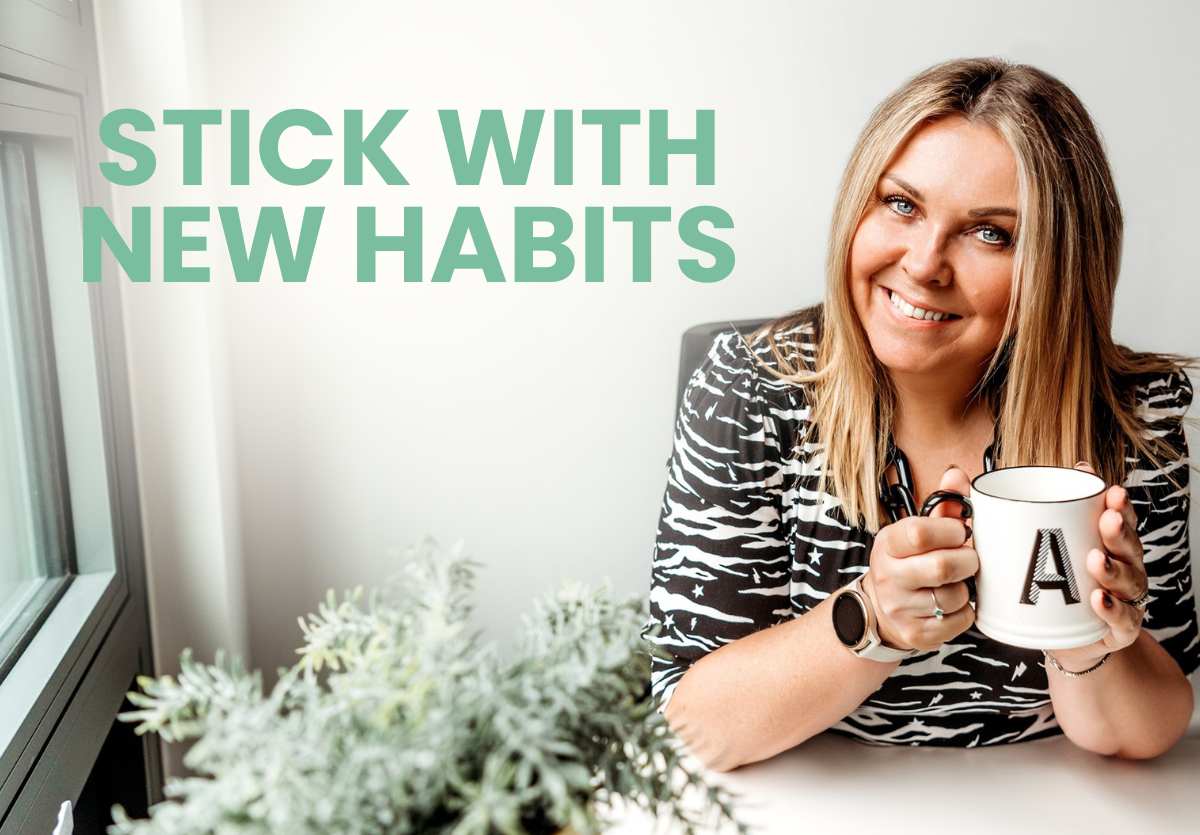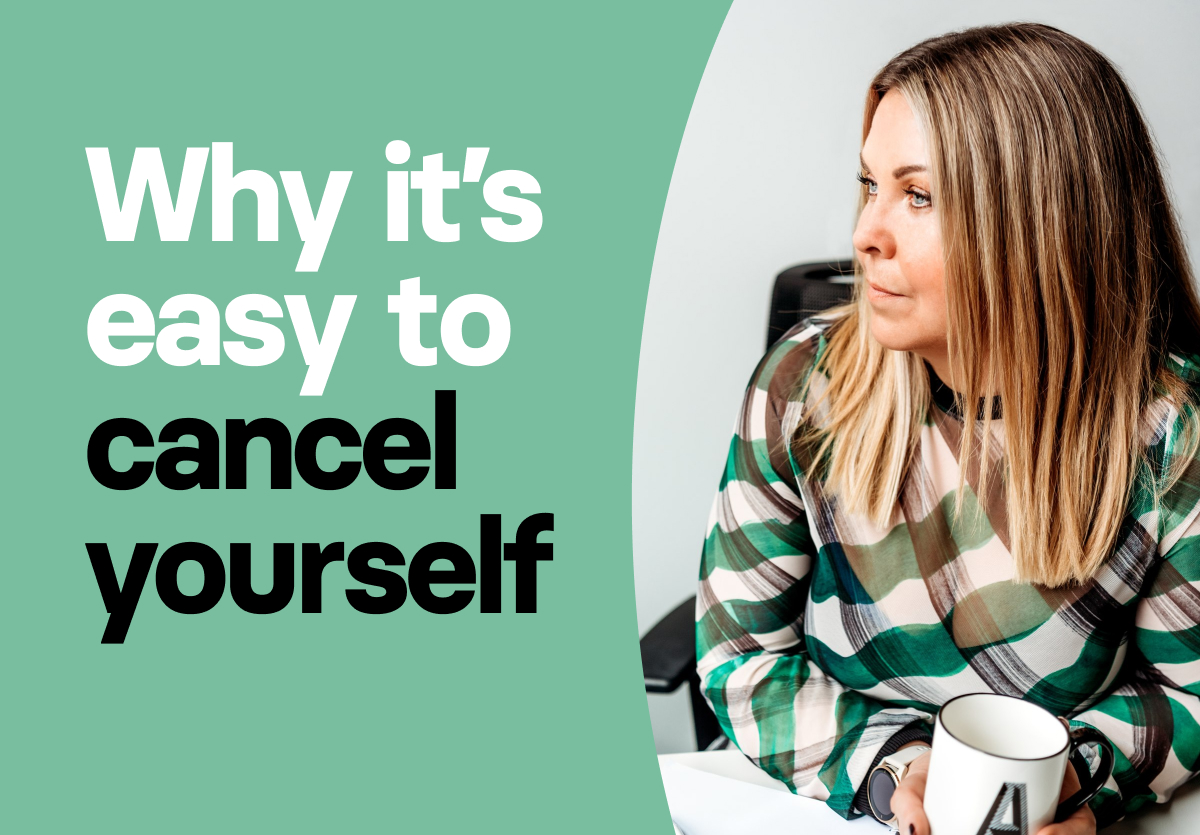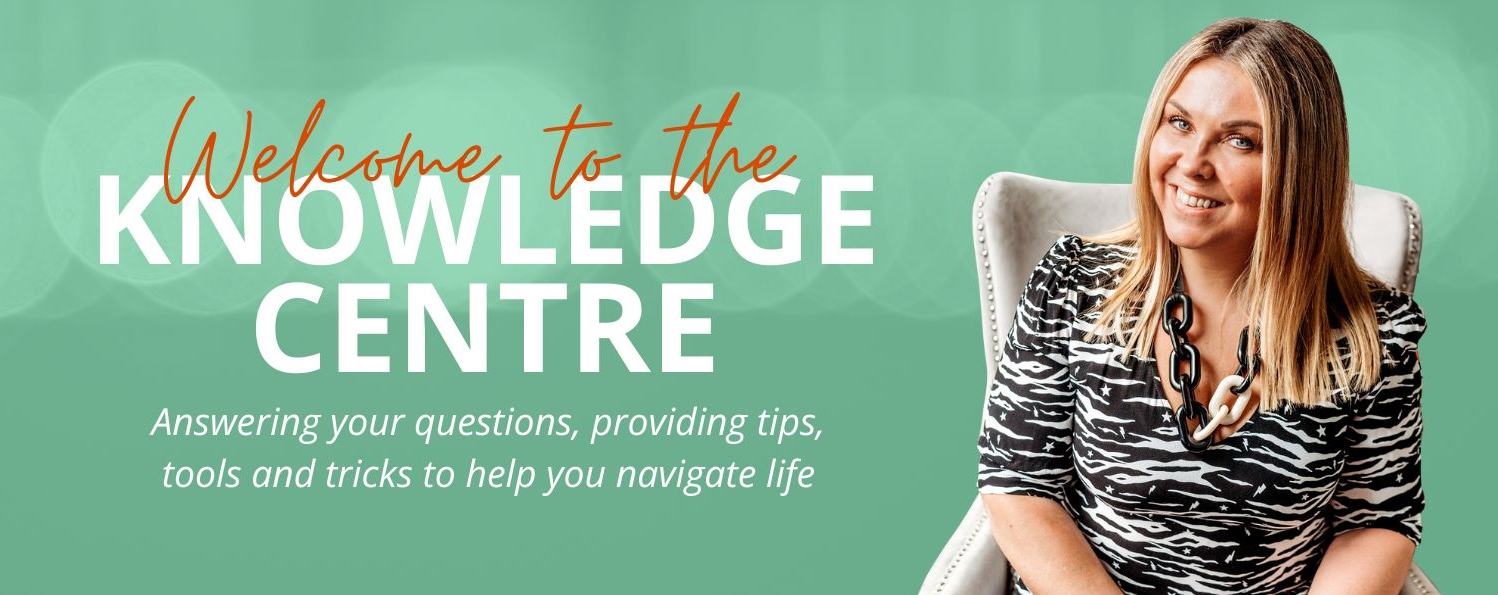
Whilst change can feel like the only constant in the world; it can also seem like one of the most difficult things we do. We often hear people saying how much they like and embrace change, but the truth is, change is mentally challenging. Letting go of unhelpful ways of working and creating new healthy habits is usually beneficial. The journey towards the new habit takes patience, persistence, and an ability to be less than perfect first time.
In themselves, habits are simple things and are critical for us to function. Habits sit within the unconscious activity of the brain along with emotion, personality, beliefs and values and others and account for about 95% of total brain activity. Imagine how little we would get done if we had to think about everything that we needed to do?
Habits operate as a cycle, often referred to as the habit loop. The loop starts with a trigger; something that happens that you hear, see, think, touch, taste, or smell or a combination of these and kick starts. This is can also be known as a cue.
The trigger or cue then generates a routine; a set of actions or reactions that are programmed in your unconscious mind. Your body responds automatically, without thinking to the trigger.
Once you’ve gone through your routine, you get a REWARD from the brain. A hit of brain chemicals that the body expects to happen and sees as a positive. The word reward can be misleading, making us think habits are positive. We can have negative or bad habits that create an outcome that we don’t like or want.
This then is part of the challenge, if we currently do something habitually, how do we stop doing it or change what we do? If we want to create a new habit, how do we do that? The great news is that humans are the only animals that can directly intervene and change our habit cycles. The key is to know where and how to do it.
The right place to start is with the trigger. With existing habits that you want to change or to stop, this means fully understanding the ‘what, who, how and when’ of your trigger. Michael Bungay Stanier cleverly describes it as ‘Figure your trigger’ which I love.
I encourage people to reflect and write down everything they can about the trigger as precisely as possible. These should include what was happening, who was involved, how you were feeling and when it was happening. For example, one of my triggers is ‘when my alarm goes off at 06.20 for me to get up and exercise, I feel like I could just stay in bed and sometimes I do just that’.
For new habits, it’s a similar approach, although the focus is on establishing what the trigger should be.
My husband has recently wanted to create a habit to enable him to spend time on planning his day. To do this he developed his trigger like this ‘when the reminder goes off at 21.00 on my phone, I will take 15 minutes to plan to make me feel more organised and more confident I know the things that are most important for tomorrow.’
By making it specific, I can then start to work on the next point, which takes place between the trigger and the routine. I want to get out of bed every time the alarm goes off to exercise; therefore, I must become very conscious and deliberate in my routine.
Here, I recommend that you write down exactly and precisely the new habit you want to create.
For mine, it becomes ‘when my alarm goes off, I will switch off the alarm rather than snooze, tell myself that I am going to exercise and then stand up out of bed immediately’.
The tricky bit is then doing this and sticking to it. Here the focus is on three things: intensity, frequency and consistency.
Intensity is the amount of effort you put in, very much like the adage that you get out what you put in.
If you go into changing a habit with little conviction, then it’s less likely to happen and even less likely to stick.
Whilst willpower can help for a short period; it comes back to why you want to change; how much you want to change and that you believe you can.
Frequency is how often you will practice the new, changed or removed habit. Whilst the saying it takes 21 times to form a habit has been challenged by many, what is true is that the more you do something and the more often you do it, the quicker it becomes a habit. So, something you do multiple times a day will become part of your unconscious behaviour much quicker than something you do each month.
Consistency is then following the new habit every time the trigger takes place. Neuroscientists sometimes describe habits as neural motorways where the routine actions or reactions are well established, have a clear run, and happen at great speed. New habits are more like a recently trodden footpath in a field, much harder to navigate and travel at speed and the grass grows back and covers your tracks quickly.
So, for my new habit of getting out of bed to exercise, I know I must put in deliberate effort or practice, I know I’m going to be doing it every weekday and that I must do it every time the alarm goes off. It’s hard work, and that’s even before I’ve done any exercise.
One of the main reasons for developing new, changing, or breaking habits is so challenging is we continue to crave the routine and reward we are used to. Remember that our existing habits are embedded to happen automatically, and we are, in essence, re-programming ourselves when looking to make a change.
Making the shift requires us to do things deliberately and consciously and work against ourselves – it can be pretty tiring at first and explains why we don’t easily succeed in making changes. Think about all those new year’s resolutions, fitness plans, healthy eating, no drinking, not snoozing the alarm and on and on that we’ve started and how tough they feel
However, it can be achieved with a combination of:
- Being clear on what triggers the habit
- Specifically defining the new action you want to take
- Doing the new action with intensity, frequency and consistency
Before you know it that new habit will be no longer be new and a regular part of your routine.




